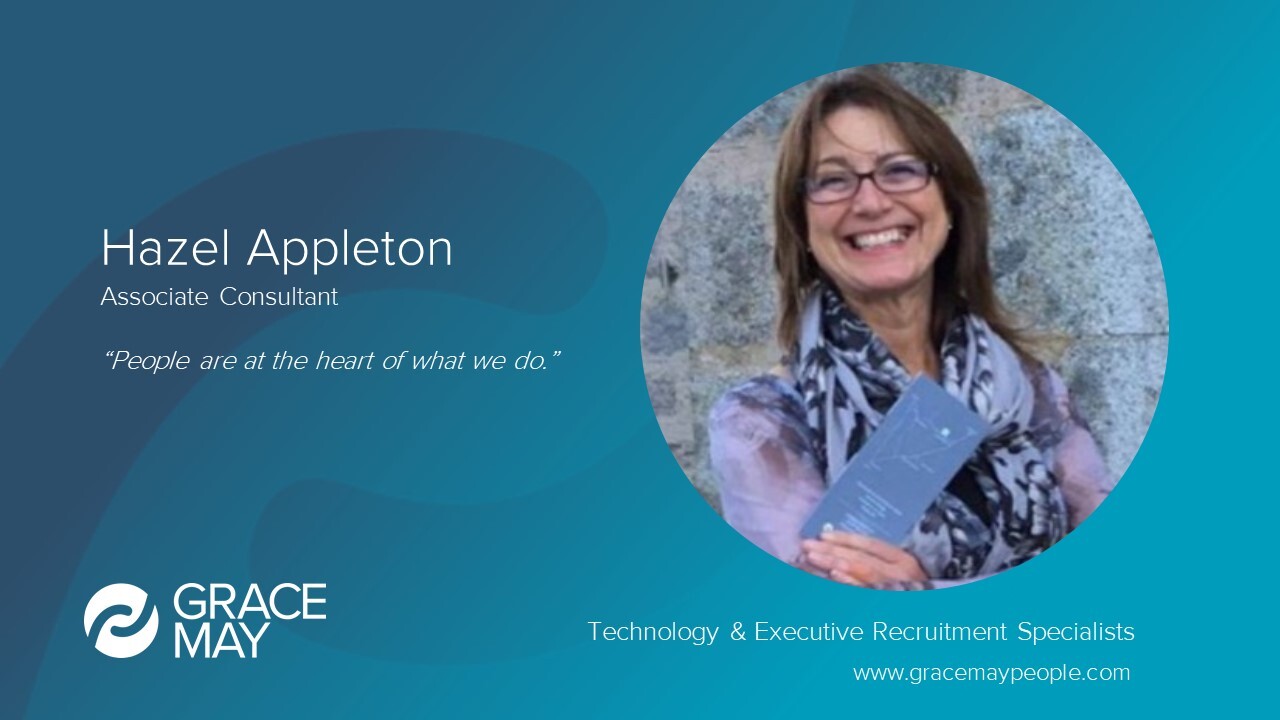What are competency-based interviews?
A competency-based interview is made up of a series of behavioural questions. You will typically be asked to describe past situations and explain how you handled them in order to demonstrate your abilities relating to the role you’re applying for.
The trick to answering competency-based questions
Your answers need to be structured and should consist of what you did, how you did it and what the quantified outcome was.
Consider using the STAR technique:
Situation: Start by outlining the situation you were in.
Task: Talk about the task at hand. What was required of you?
Action: What did you do? What action/s did you take and why?
Result: Summarise the results of your actions.
What competences might be covered?
Broadly speaking, the questions might relate to individual, managerial, analytical or interpersonal competences.
How to tackle them: Individual
Sample question: Tell me about a time when your work or an idea was challenged.
Think about: Your personal attributes, such as your decisiveness, tenacity, knowledge, independence, risk-taking and personal integrity.
Answer: What was your idea, why was it challenged, how did you deal with it and what was the outcome?
How to tackle them: Managerial
Sample question: Tell me about a time when you led a group to achieve an objective.
Think about: Your ability to take charge of other people: leadership, empowerment, strategic thinking, corporate sensitivity, project management and managerial control.
Answer: What was the objective, how did you lead the group and what was the outcome?
How to tackle them: Analytical
Sample question: Tell me about a time when you identified a new approach to a problem.
Think about: Your decision-making abilities, innovation, analytical skills, problem-solving, practical learning and attention to detail.
Answer: What was the problem, how did you approach it and why, and what was the outcome?
How to tackle them: Interpersonal
Sample question: Describe a situation where you got people to work together.
Think about: Your social competence, such as how collaborative you are and your ability to work as part of a team.
Answer: What was the situation, how did you get people to work together and what was the outcome?
Tips from an expert
Kirstin Schulz, Head of Assessment Consulting for Alexander Mann Solutions, offers up some hints and tips for competency-based interviews
“Competency-based interviews are probably the most common form of interview these days and, in the majority of large firms at least, have replaced the unstructured form that most of us experienced in the past.
The reason why they have become so popular and well established is because they make it much easier to compare candidates like-for-like. They are based on the assumption that past behaviour predicts future performance – this therefore helps the people who are conducting the interview to assess candidates against what matters for each particular role.
I personally don’t recommend that candidates prepare scripted answers. When this happens the answers will often feel scripted – because they are – and therefore stilted.
Instead, I recommend that you are as familiar as you can be with the role that you are interviewing for. The best way to do this is to, whenever possible, have a clear job description and get to know the personal profile inside out. If you don’t already have one, check the company website or search out the original ad.
While I don’t recommend preparing set answers, there are key competences that will almost always come up: interaction, resilience and communication. I’d also advise considering an answer that demonstrates a time when you were results-driven.
What matters is how you demonstrate these competences; it’s about examples. So think about the work that you have done over the past two to three years and about the situations where you had to demonstrate the behaviours or competences in the job spec. Are you going for a job in sales? Then jot down a time when you demonstrated a strong client relationship. And be ready to show how you do things. How do you close a sale? How do you prepare for client meetings? Address the steps that you take to accomplish these things.
List these specific examples and bring them to life so that you can resurface them on the day of your interview. Really put yourself in the shoes of the person who is interviewing you and consider what they might ask you to ascertain if you are the right fit for the role.”



